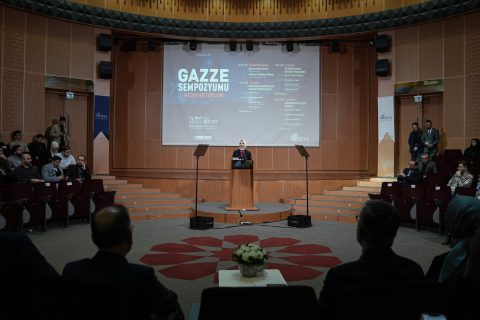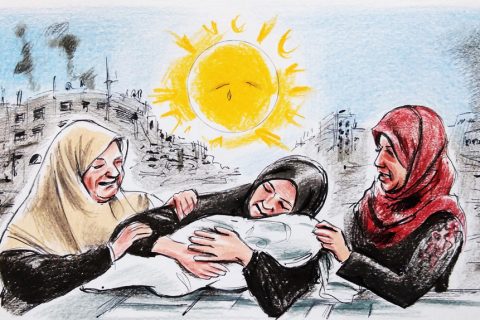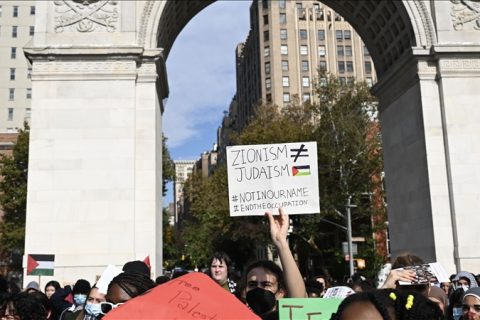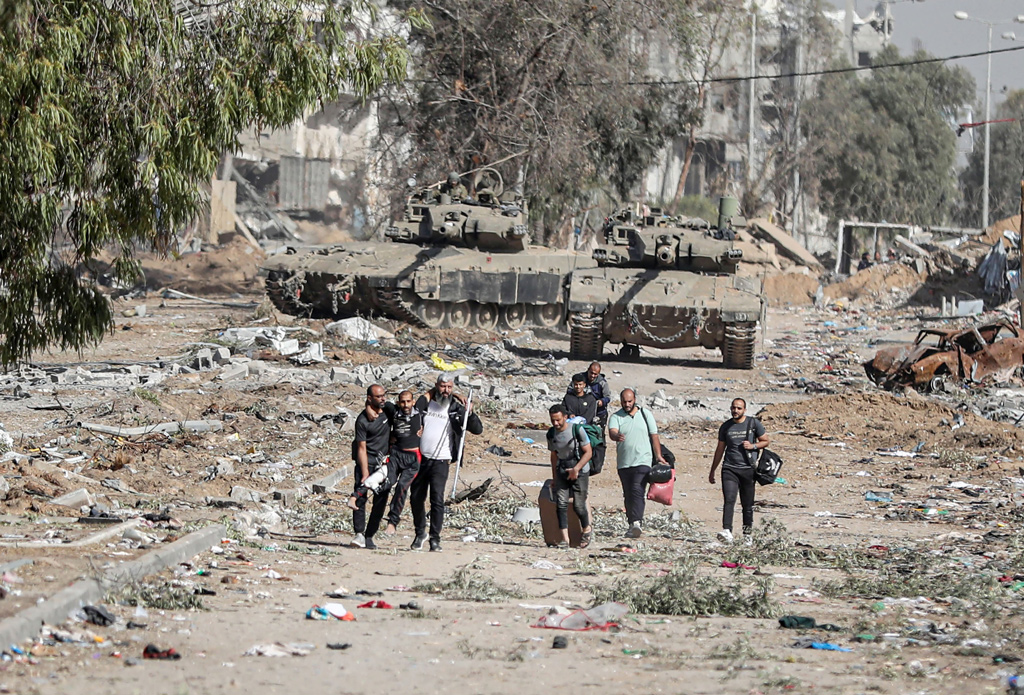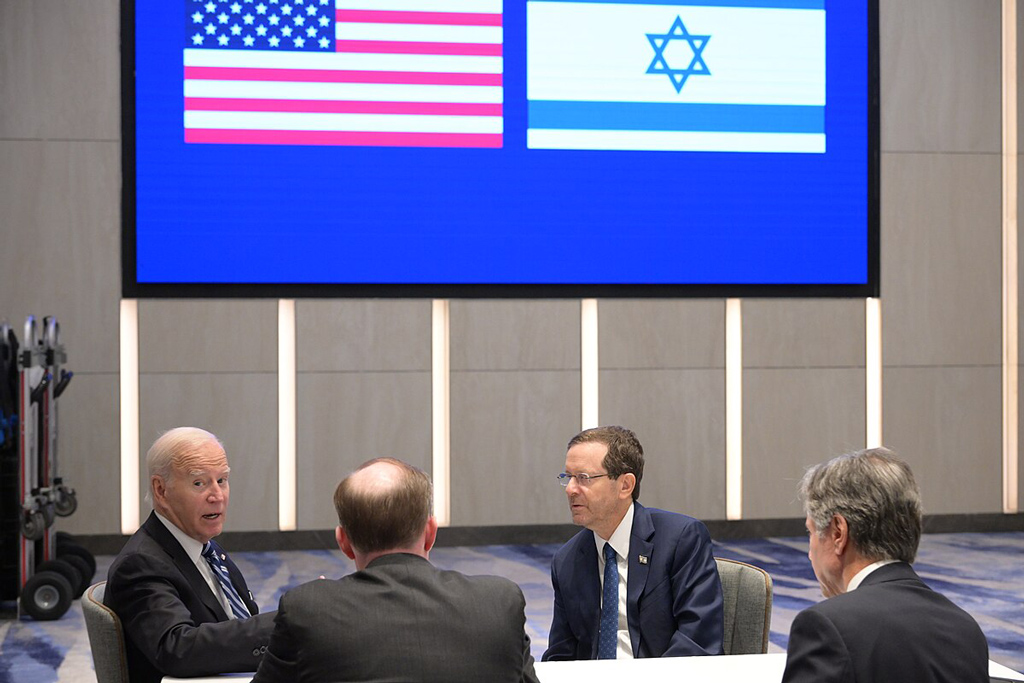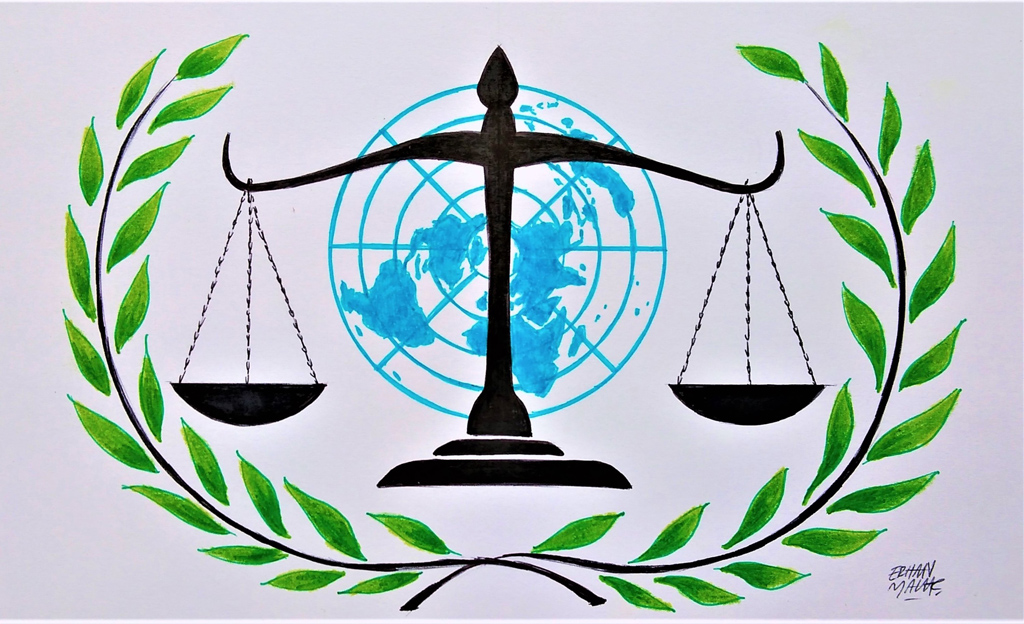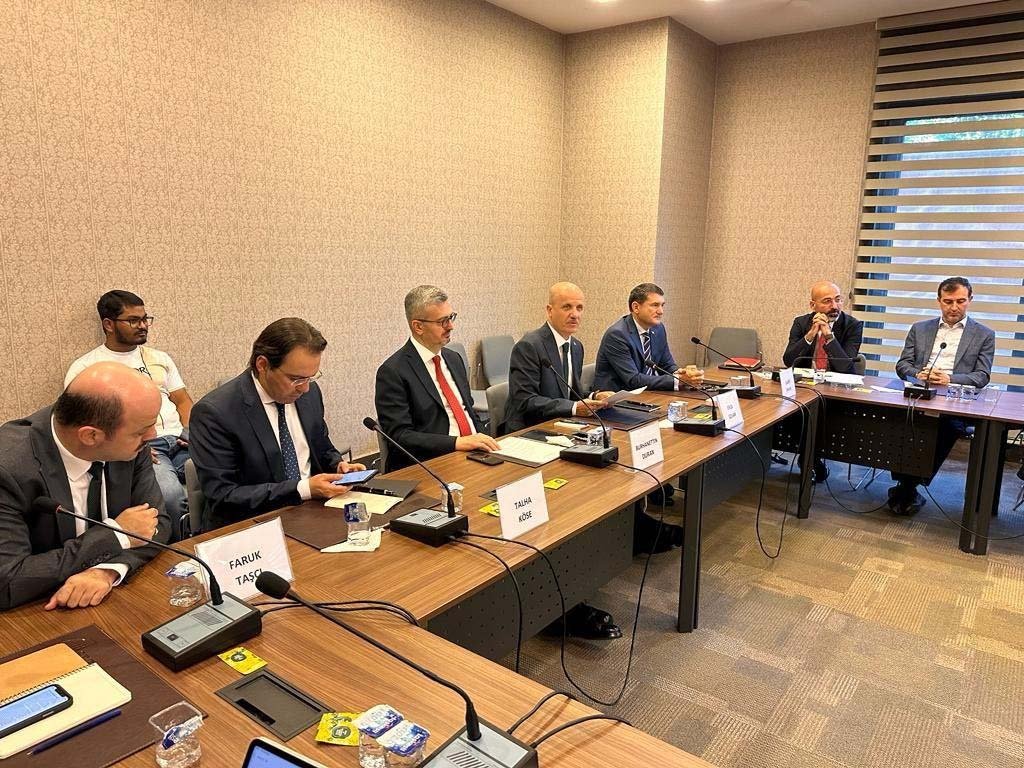Islamophobia
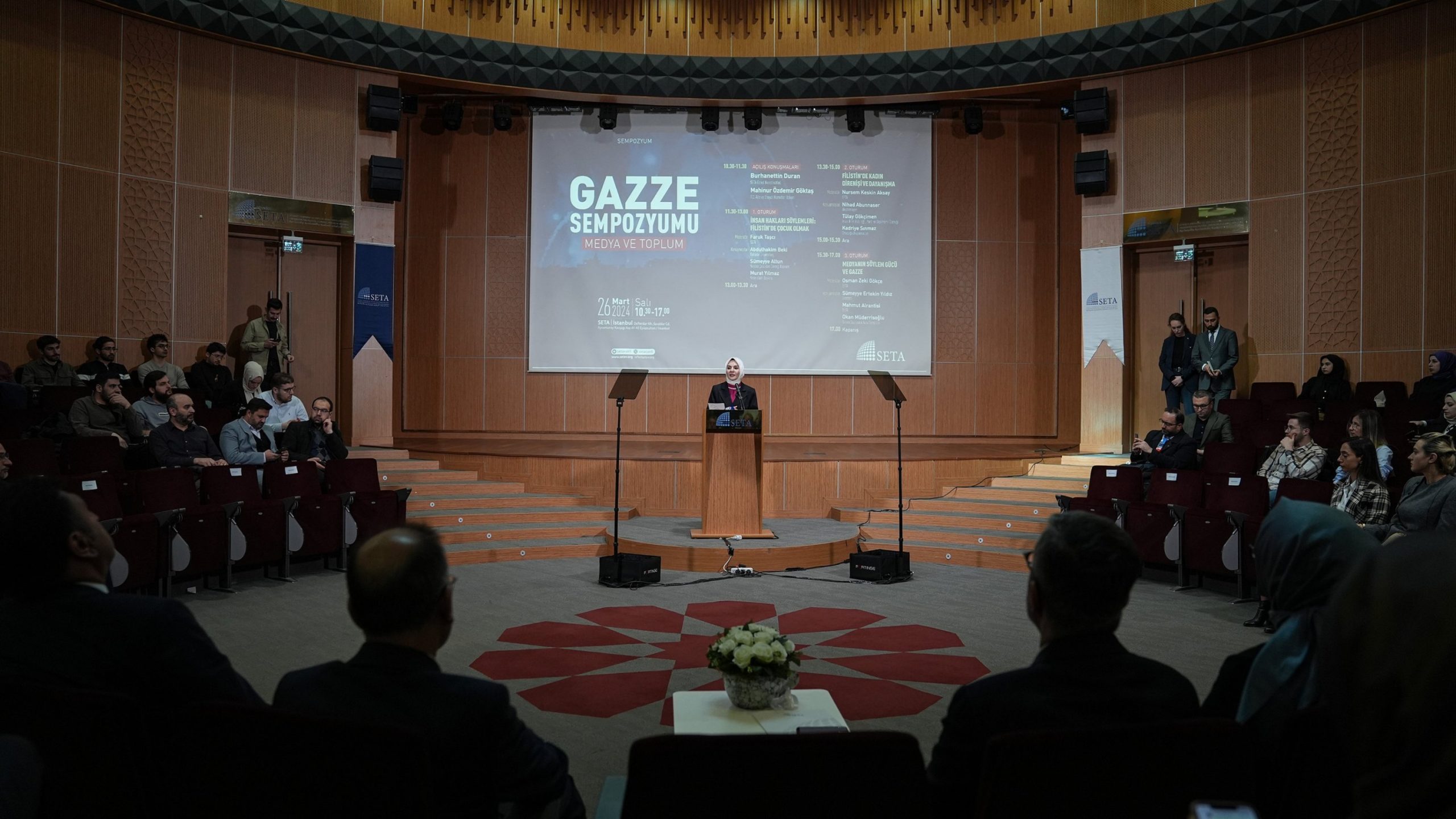
SETA symposium in Istanbul highlights Gaza crisis
| NewsThe Foundation for Political, Economic and Social Research (SETA) hosted the “Gaza Symposium: Media and …
-
News
SETA symposium in Istanbul highlights Gaza crisis
By SETAThe Foundation for Political, Economic and Social Research (SETA) hosted the "Gaza Symposium: Media and Society" in Istanbul.
-
Opinion
Ramadan, Gaza and anti-Islam sentiment
By Burhanettin DuranFriday marked the fifth day of Ramadan. Unfortunately, there is still no cease-fire in Gaza, and Israel continues to kill Palestinians waiting for food supplies. Earlier this week, Israeli troops killed six Palestinians and injured 83 others as they waited in line to receive a bag of flour. That was not the first time, and it won’t be the last.
-
Opinion
Freedom of speech and the antisemitism debate in American universities
By Kadir ÜstünWhile state universities in the American higher education system are obliged to adhere to constitutional provisions, private universities, like Harvard and MIT, aren't directly bound by the First Amendment, which safeguards freedom of speech. Private institutions can establish their rules and regulations, often attempting to extend freedom of expression in the name of academic freedom. However, they have, in the past, canceled programs and events deemed provocative or likely to incite disturbances, fostering a perception that such restrictions disproportionately favor conservative groups. Even on liberal campuses like Columbia, limitations and even bans on pro-Palestinian demonstrations have been observed.
Bu Konuda Daha Fazla
-
How can a new order be established in the...
By Kadir ÜstünThe prisoner exchange agreement reached between Israel and Hamas marks a significant turning point in the course of the war. The agreement implies that Israel has stepped back from its pledge to halt operations until all prisoners are released. However, it is clear that Israeli attacks will continue after a brief hiatus. Predicting that the release of all Hamas prisoners will take months, if not years, it is not difficult to anticipate that the conflict will intermittently intensify and persist for an extended period. The events since October 7 have become the foremost agenda item in the region, transforming the pursuit of a solution to the Palestinian issue into a new driving force. Therefore, in the coming period, we can expect the Gaza war to continue with its ups and downs, while diplomatic efforts for a final resolution intensify.
-
Biden’s view on Israel: Ideological blindness and strategic weakness
By Kadir ÜstünPresident Biden's opinion piece published in The Washington Post over the weekend reveals how disconnected he is from reality. Biden makes a peculiar analogy by suggesting that Putin and Hamas are "fighting to erase their 'democratic neighbors' from the map." This is, at the very least, a strange comparison. Biden claims that these actors hope to benefit from the chaos they create by undermining regional stability and integration. However, it's evident that Biden fails to accurately contextualize Russia's invasion of Ukraine or Israel's actions in Gaza.
-
Erdoğan’s diplomatic expertise left its mark on New York
By Burhanettin DuranI am in New York City, where the heart of diplomacy is beating, with President Recep Tayyip Erdoğan for the 78th Session of the United Nations General Assembly. This year’s general debate theme, which takes place after the BRICS (Brazil, Russia, India, China and South Africa) expansion and the G-20 summit in New Delhi, India, will be “rebuilding trust and reigniting global solidarity.”
-
Academics warn against xenophobia toward int’l students in Türkiye
By Burhanettin DuranThe Foundation for Political, Economic and Social Research (SETA) hosted a workshop on Friday that drew attention to the threat of racism and xenophobia targeting international students.
-
The risk of world disorder
By Muhittin AtamanThe world has been in transition since the end of the Cold War and the collapse of the bipolar world system in the early 1990s. Several attempts to consolidate the Western, i.e., American, hegemony during the first decade of the post-Cold War period have failed. Some may argue that the 9/11 terrorist attacks were against the symbols of American hegemony and were a turning point in the search for a new hegemon. However, the American reactions, namely the invasions of Afghanistan and Iraq, failed. The United States could not ensure the unity of the West: Western European countries followed different, sometimes conflictual, policies.
